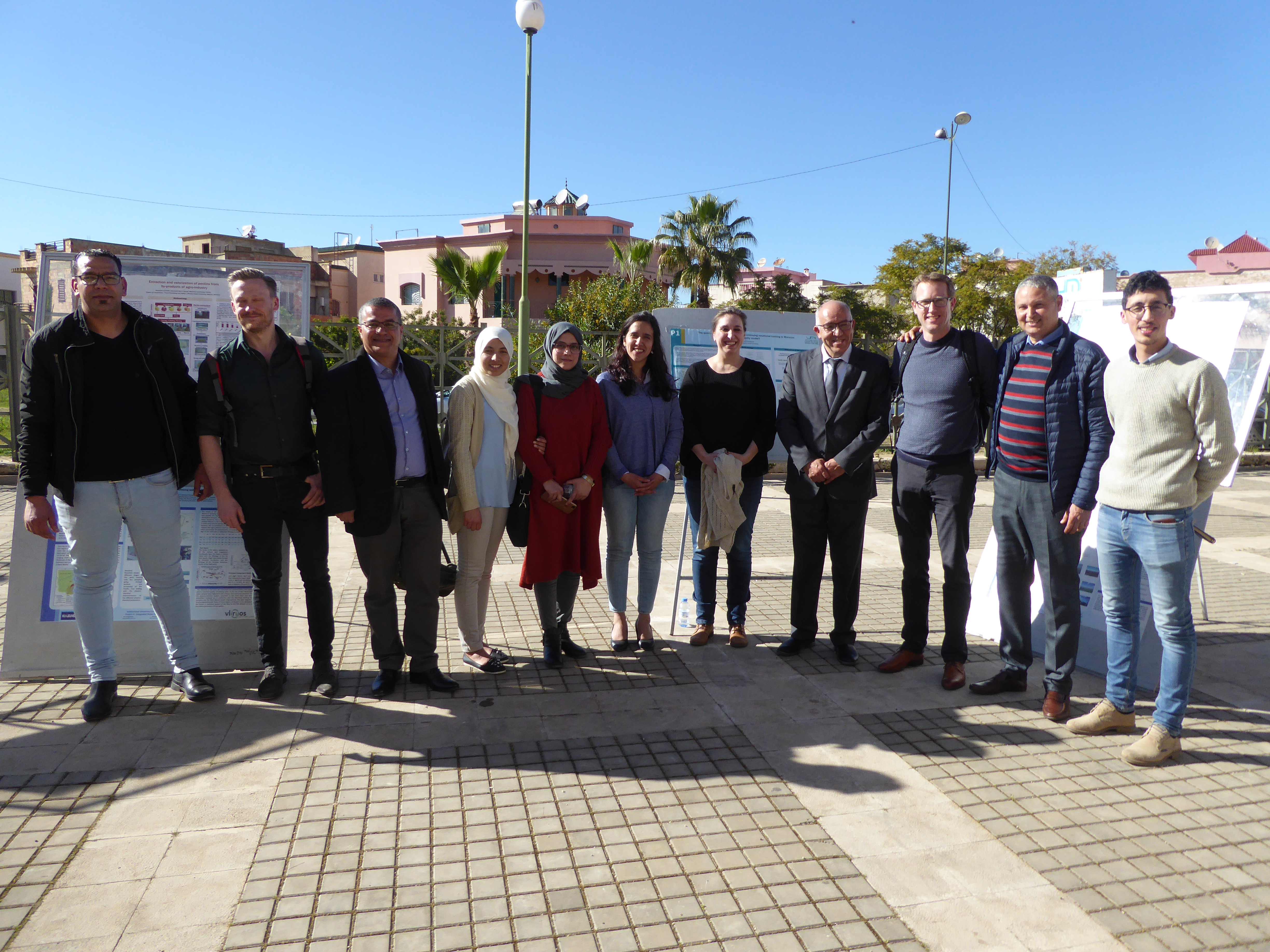Our website uses cookies to improve your experience. To make optimal use of this website please agree to our cookie policy.

In March this year, our IUC programme with Moulay Ismaïl University (UMI) in Meknès (Morocco) held its third annual meeting. Together with our Morocco programme manager, Kathleen Wuytack, we take stock of the programme's progress.
“We have five thematic projects which contribute to the economic and social development of the region,” says Wuytack. “These projects focus on various themes such as environmental health, agrifood, sanitary security and integrated water resource management. Projects on environmental and territorial development and compounds of plant resources and their therapeutic effects are on the IUC’s agenda as well.”
The programme aims to benefit the region and its students in various ways. “The university’s IUC programme wants to focus on increasing employability by providing new Master studies and adapted Ph.D. trajectories for its students as well as trainings that benefit socio-economic and territorial actors, such as the local government or women’s associations,” says Wuytack. “All this with one end goal in mind: the socio-economic development of the region.” As for the institute itself, the programme also works on strengthening the governance and management capacities of the university.”
Up until now, the university has introduced three new Master courses for national recognition by the Moroccan ministry of education: Food science and bioproducts, Water and Environmental Sciences and Bioactives, Health and Environment. The university has already had a master accredited, which is currently already running its second year: Sustainable development of territories.
The programme tries to provide adequate training so that more of the developmental needs of the region will be met. At the moment, there are about ten different trainings for various audiences, for instance on geomatics tools for integrated water resources management, development of medicinal plants and business creation. On top of that, it wants to ignite the students’ entrepreneurial spirit, provide them with the necessary soft skills and equip the students with specialties in the various fields linked with the thematic projects mentioned above. It also wants to prepare the students for the profession of teacher-researcher.
The ambitions do not stop there, though. “We are living in a globalised world,” says Wuytack. “In order to stimulate globalisation, international networking and publishing in scientific high-quality journals, the project will give special attention to providing the students with English language skills.”
